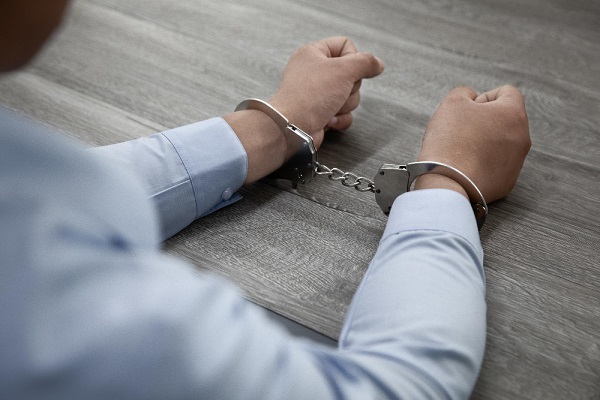
A criminal court trial is about lawyers representing clients. They ask questions, provide evidence, and attempt to make their case. Of course, not all questions or statements are permissible in court. And sometimes, one of the lawyers will make an unfair or unprompted remark. In such a situation, the other lawyer can object.
An objection is how you notify the judge that something is askew. Then, the judge rules whether the objection is valid or not. If the judge agrees, they will prevent the question or statement from being used. If the judge agrees, the trial will continue with no changes. Here are five of those common objections in criminal court trials.
- Hearsay Objection
Hearsay is testimony based on what someone who did not appear in court had to say. Such a statement is deemed inadmissible because the original speaker is unavailable for questioning. An experienced criminal lawyer in Brampton knows how to object to hearsay and ensure that it cannot be used in court. Lawyers have to count on direct evidence and people who can be cross-examined.
- Leading Question Objection
A leading question presupposes the answer. This is not permitted during direct examination when a lawyer with a witness asks questions of their witness. A leading question encourages a witness to agree rather than provide a truthful answer. A lawyer knows how to frame proper questions without leading the witness.
- Relevance Objection
A lawyer makes a relevant objection when asking about something irrelevant to a case. All questions and all evidence must matter to the case at hand. If it is, the other lawyer can object. An experienced criminal attorney knows where to find the details that matter most and avoid the questions that don’t. The judge decides what’s relevant and what is not.
- Speculation Objection
Speculation is when you make guesses about something rather than tell facts. Witnesses in court can only discuss what they observed, heard, and know to be true. If a witness states, “I believe the suspect was angry,” this is speculation, as the witness cannot see another person’s thoughts.
Instead of saying who was calling the shots, the narrators might describe what they saw, such as “The suspect was screaming and had a red face.” This sticks to facts instead of just opinions. A person who knows the law knows that only facts belong in the courtroom, and an attorney will object to the introduction of speculation.
- Argumentative Objection
A lawyer cannot argue with a witness. The lawyer then can ask questions, but he cannot compel the witness to change his answer. When a lawyer continues to repeat a question forcefully or has a negative comment in response to the witness’s answer, this is referred to as argumentative. An expert lawyer knows how to ask fair questions without being argumentative. If a lawyer is combative, the other lawyer can object, and the judge will make the lawyer cut it out.
Conclusion
A big part of a criminal trial is, of course, objections. They ensure that the trial is fair and conducted according to the rules. To protect their clients, lawyers must understand these objections or ensure that the correct information is being introduced in court. Good lawyers still know that the most effective way to object can be through the adversarial system. An attorney can help you understand your rights and fight for you in court. If you are a lawyer who would like to promote your legal services online, an SEO consultant can help you attract more clients over.

